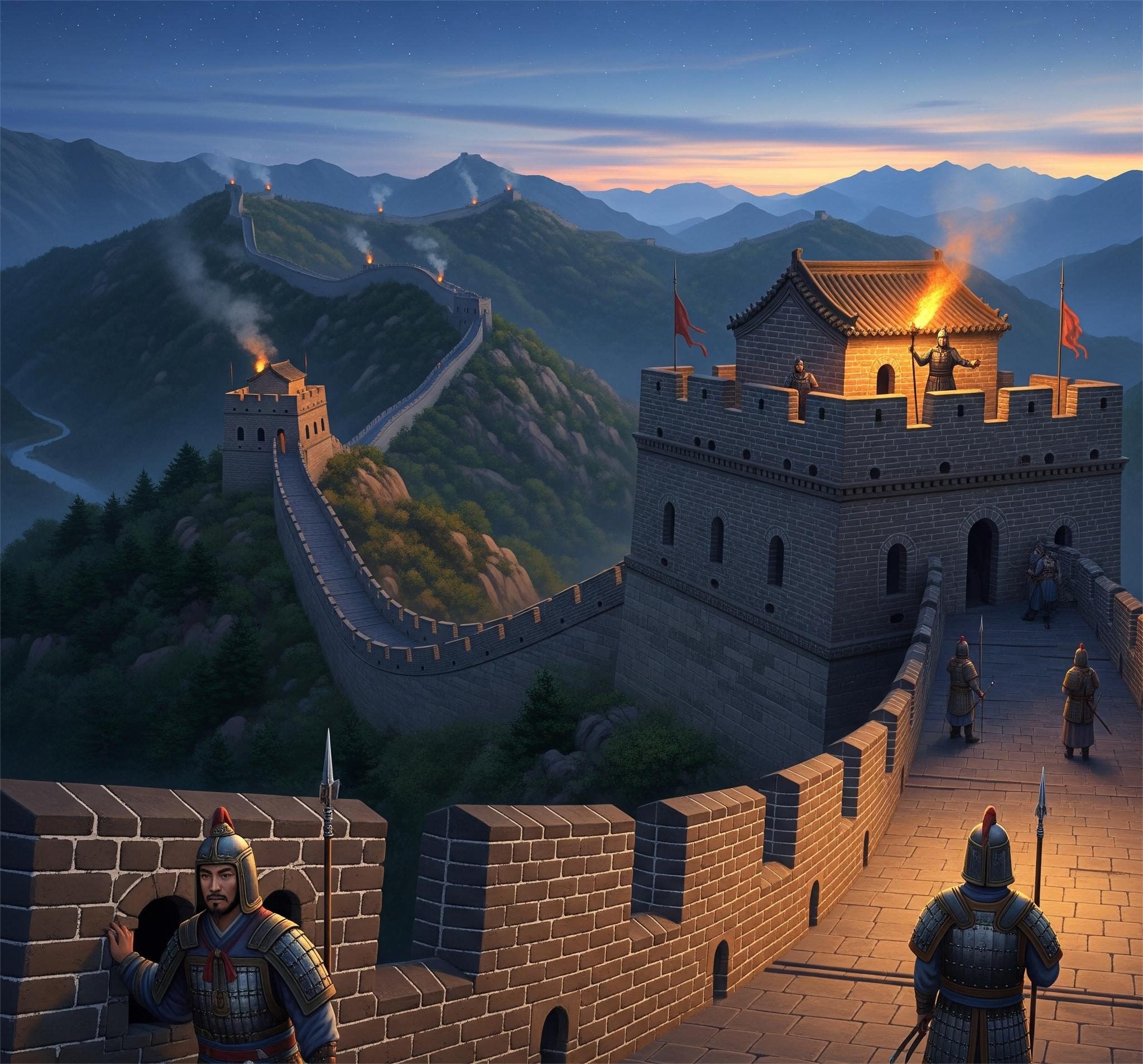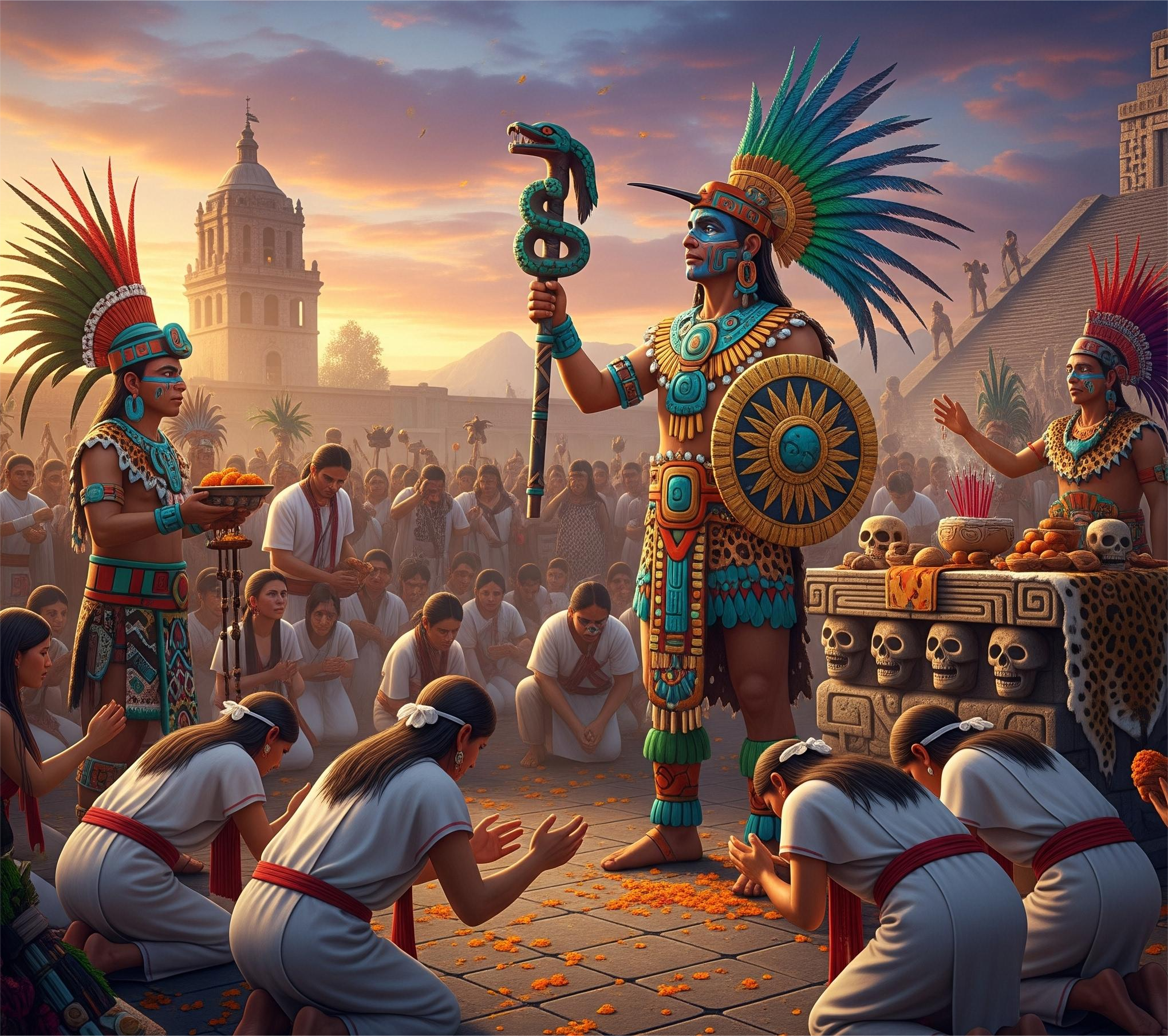Introduction
Vishnu, one of the principal deities in Hinduism, is revered as the preserver of cosmic order. His influence extends across scriptures, temples, and daily religious practices.
Vishnu’s Role in Hindu Cosmology
As part of the Hindu Trinity (Trimurti), Vishnu maintains balance between creation and destruction.
Often depicted with four arms, a conch, a discus, a mace, and a lotus, symbolizing divine power.
Vishnu’s Ten Avatars (Dashavatara)
Incarnates in various forms to restore dharma (righteousness).
Includes avatars like Rama (hero of the Ramayana) and Krishna (teacher of the Bhagavad Gita).
The final avatar, Kalki, is prophesied to appear at the end of the current age.
Vishnu’s Worship and Temples
Major temples include Tirupati Balaji in India and Angkor Wat in Cambodia.
Devotional practices like Bhakti Yoga emphasize love and surrender to Vishnu.
Conclusion
Vishnu remains a central figure in Hindu philosophy, symbolizing divine preservation and guidance.







